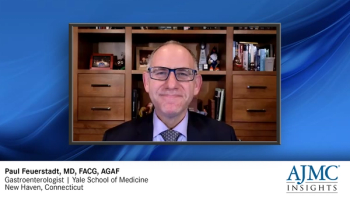
Paul Feuerstadt, MD, FACG, AGAF, discusses how the management of recurrent Clostridioides difficile infections is evolving toward more targeted approaches, including microbiome-based therapies like fecal microbiota transplantation, newer antibiotics such as fidaxomicin, and emerging preventive strategies focusing on microbiome restoration and preservation.



